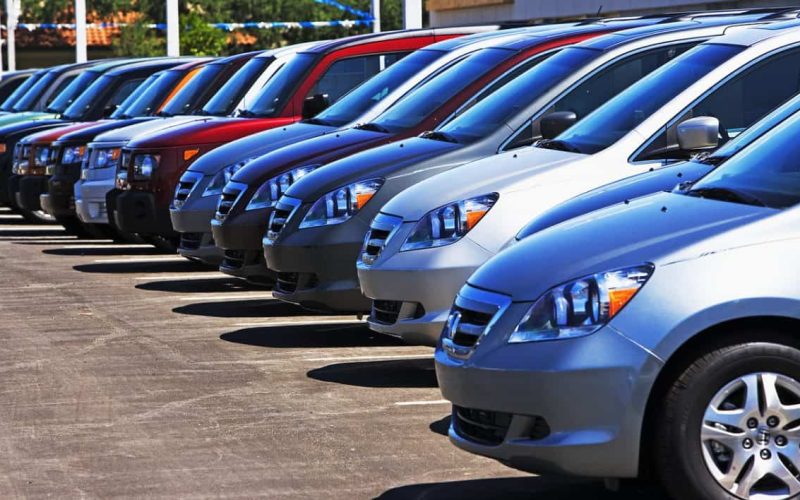The Ethiopian government has announced a ban on the importation of fuel-powered vehicles by all diplomatic missions within the country, urging them instead to import electric vehicles as part of the nation’s broader commitment to reducing greenhouse gas emissions and transitioning to renewable energy sources.
In an official letter addressed to diplomatic and consular missions, as well as regional and international organizations based in Addis Ababa, the Ministry of Foreign Affairs emphasized that this policy aligns with Ethiopia’s determination to combat climate change by reducing its carbon footprint.
The Ministry called on all entities with diplomatic privileges to adhere to the directive, which allows for the duty-free importation of electric vehicles only.
This decision follows Ethiopia’s earlier move in March 2024 to ban the importation of private service vehicles that run on fossil fuels.
The government implemented this measure to curb environmental pollution and lower the country’s dependency on costly fuel imports.
Additionally, the Ministry highlighted that the government will actively promote and incentivize the use of electric vehicles, particularly those powered by battery technology.
According to data from the Ministry of Transport, there are approximately two million vehicles currently in service across Ethiopia, many of which have been on the road for several years.
To address emissions from older vehicles, the government has imposed high taxes on the importation of used vehicles, while offering lower taxes and additional incentives for the importation of new vehicles. Moreover, vehicles assembled domestically are eligible for further tax breaks and incentives.
However, the government’s decision to ban the importation of fuel-powered vehicles has sparked concerns among investors and the Ethiopian Investment Commission.
In a letter to the Ministry of Transport, the Commission expressed its concerns to the Prime Minister’s Office, arguing that the ban was implemented without proper legal provisions or clear legislative backing.
The Commission warned that the ban could negatively impact investors and foreign investments, particularly in sectors such as agriculture, agro-processing, floriculture, tourism, manufacturing, and construction.
The Commission also requested an exemption for certain investment projects, allowing them to import fuel-powered vehicles where electric alternatives may not be feasible.
Prime Minister Abiy Ahmed highlighted Ethiopia’s significant expenditure on fuel imports during a meeting with loyal taxpayers four months ago, stating that the country spends an estimated $4 billion annually on fuel.
This new policy is part of Ethiopia’s broader strategy to reduce this financial burden and shift towards sustainable energy practices.
